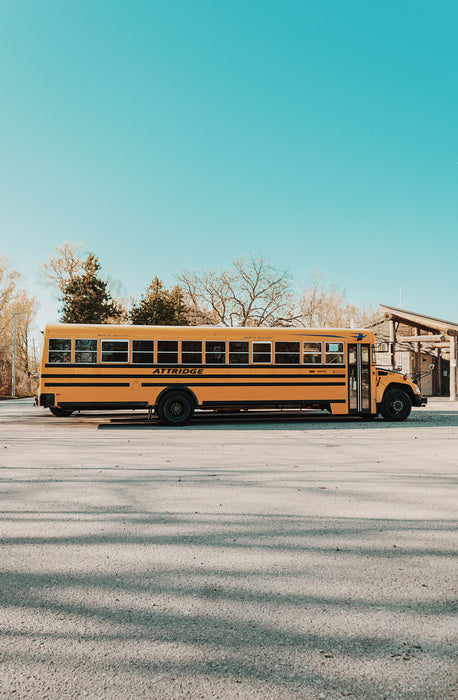Friendship
We all want to be healthy and enjoy our lives with our family and friends. Did you know multiple studies have shown that adults with strong friend groups will less likely be depressed or suffer from poor heart health. Friendships can also increase your life expectancy. What are some ways you can keep those strong bonds with your friends? Consider staying in touch on a regular basis, sharing updates on events and/or things you've experienced, reminisce and plan time to see each other.
1. Stay in touch. Social media is a great tool to use when you want to catch up with your friends. There is something even better than catching up on social media. Plan a day and time to meet in person. You could go to a favorite restaurant or even meet at a park and take a walk.
2. Share Updates. What are some things you and your friends have in common? Did you go to the same school? Did you grow up in the same neighborhood? Do you have several friends in common? Whatever the case, keep your group up-to-date on things going on in your life from work, family or your current projects. When you share, you motivate others to do the same.
3. Reminisce. Nothing brings a smile to my face faster than looking at old photos and talking about childhood memories. Call or contact a friend on social media and share a fond memory. It could make their day and draw you closer together.
4. Celebrate. Do you keep track of your friends' birthdays or anniversaries? It's nice to call or post happy birthday. If you want to grow the relationship, celebrate with a gift. When you go above and beyond, you make your friends feel special. They will remember and it can strengthen the connection.
We want to have strong relationships with our friends. Friendships help us to build healthy social lives. Friendships minimize stress and provide opportunities to enjoy time away from regular routines. They can improve overall health and bring years of joy and happiness into your life.


